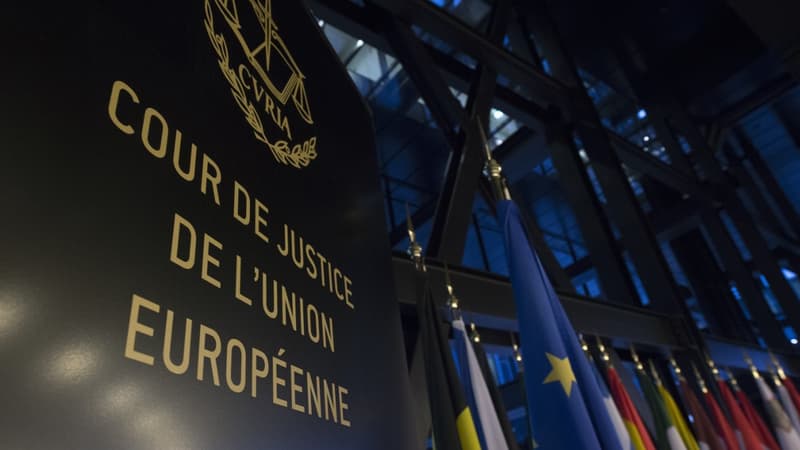This is a separate issue from dieselgate, but close to it in several respects. In the first place, because they are relatively recent diesel vehicles, Euro 5 and 6 standards, and it questions their pollution control system, with software that made it inoperative in certain circumstances. Something to echo the issue of rigged engines from Volkswagen and other manufacturers that had also been caught up in court after the scandal broke in September 2015.
An emission control system that does not work most of the time
In this new case called “thermal windows”, the Court of Justice of the European Union (CJEU) has just handed down its decision on an ongoing dispute in Germany. An individual had filed a complaint against Mercedes, alleging that the exhaust gas treatment system, and in particular nitrogen oxides (NOx), remained inactive most of the time in his vehicle, depending on the outside temperature, where it appears the expression “thermal crystals”. .
“In Germany, lawsuits relating to ‘thermal windows’ have so far been rejected by the highest court, considering that it could not be intentional damage on the part of the builder, but at most ‘negligence’, summarizes AFP, to explain why the file had been transmitted at European level.
The sentence handed down this Tuesday by the CJEU “tremendously simplifies the application of the rights to damages,” says the German law firm Goldenstein, specialized in consumer law, quoted by the press agency and for which “several million People across Europe can benefit from today’s ruling.” decision.”
Prospect compensation for affected customers
An opinion shared by Marc Barennes, lawyer and founding partner of the Brandeis Paris office, which recently launched the first class action in France so that companies affected by Dieselgate can be compensated.
“This decision is very important in two respects: first, because it confirms that the decision applies to Mercedes, but also to manufacturers that have installed a similar device,” explains the lawyer. Second, because it leaves a compensation margin for the customers who purchased these vehicles. .”
But why establish such a system? Manufacturers defend themselves by explaining that these operating ranges have been defined so as not to damage the engine too much. Beyond temperature, other criteria can be integrated: on certain Renault models, for example, the EGR valve (which allows exhaust gas recirculation to reduce NOx) could only work between 17 and 35 degrees and at a speed over 50 km/h.
“That’s the whole problem, if you set too strict criteria to activate these systems, they work too rarely to be really effective. It is like buying a vehicle with pollution reduction technology, but in the end it is ineffective”, continues Marc Barennes. .
Therefore, for manufacturers, the interest could be to comply with the standard, without increasing the risk of engine failure too much. And, as with dieselgate, save money in terms of research and development, compared to the cost required to deliver a working system.
What interpretation of the CJEU ruling by the national courts?
Models from the Volkswagen group, but also from Renault or PSA and Fiat would be concerned. For professionals, Marc Barennes suggests contacting the Brandeis office directly, which then takes it upon itself to compile a list of the models in question in its fleet, free of charge, as part of dieselgate and therefore now of these thermal windows. For individuals, join the actions launched by consumer associations, like that of the CLCV.
It is also difficult to know the amount of damage that can be reimbursed. It will be up to the national courts to decide, assessing the use that has been made of the vehicle, the number of kilometers traveled, for example.
As in the collective action initiated in France at the beginning of February, the plaintiffs will be able to justify two damages. First moral: they were misled about the emission control system sold with the vehicle. And property damage, with an economic loss in the resale for example, as a result of these revelations.
The ball is now in the court of the courts of each country of the Union. Mercedes-Benz, the manufacturer indicated in the case examined by the CJEU, estimated in a press release that “it remains to be seen” how the national courts will interpret the sentence of the European justice, points out AFP.
The German group adds that its diesel vehicles that have been the subject of a recall and received the appropriate software updates “can be used without restrictions.”
Source: BFM TV


